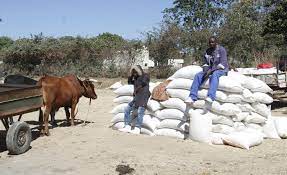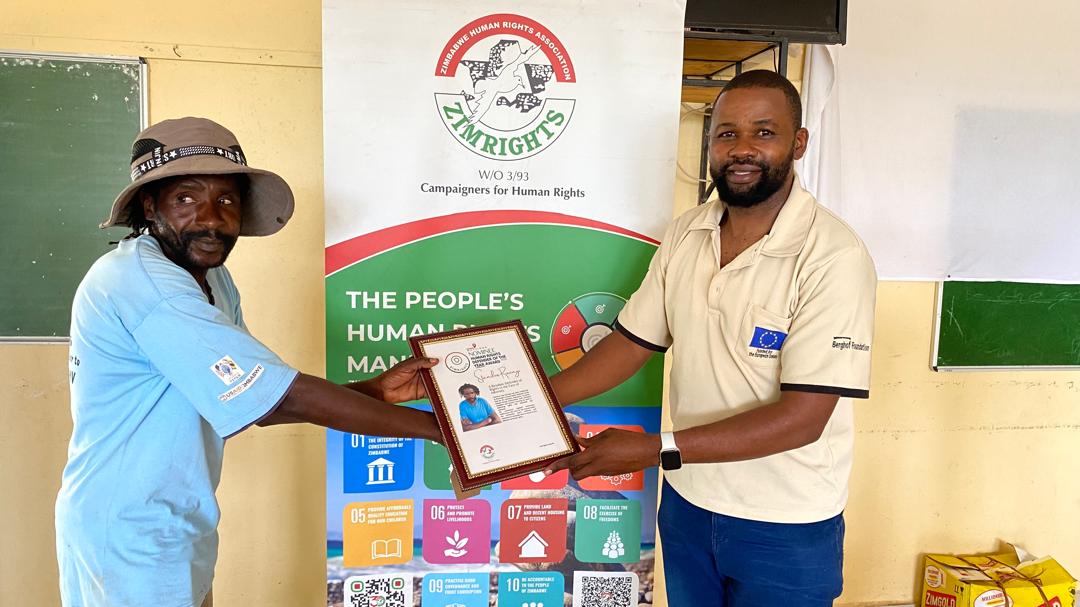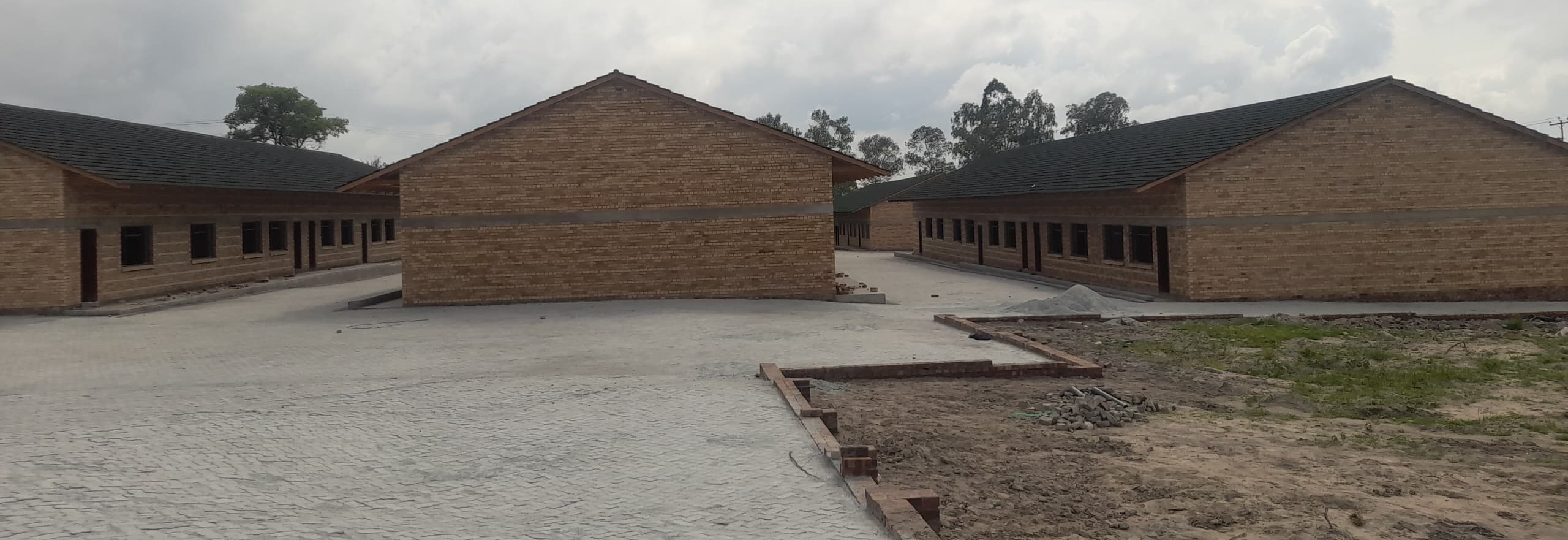Moses Ziyambi
Hundreds of farmers in Mwenezi district have scaled back on traditional grains agriculture citing viability challenges emanating from the Grain Marketing Board (GMB)’s failure to pay them for deliveries made as far back as 2017, EnviroPress can report.
Farmers who delivered several tonnes of millet and sorghum to the GMB Rutenga depot after the 2017 harvest told EnviroPress they have not been paid up to now.
They also fear that they may never get the full value of their produce even if GMB decides to pay them today due to the currency distortions that happened between 2017 and now, as well as the sharp decline in the value of the Zimbabwe dollar which government reintroduced in 2019.
One farmer who is in the predicament is Edson Jangarasi who delivered two tonnes of millet to GMB Rutenga Depot on October 06, 2017.
He says he is now tired of being sent from pillar to post whenever he makes follow-ups regarding the payment owed to him.
“I have made follow-ups several times and I have been to Beitbridge and other places but to no avail. I have also taken my issue to the DA (District Administrator, now referred to as District Development Coordinator) and she tried her best but nothing came out of it. There is a very long list of people who have not been paid and we are about to give up,” said Jangarasi.
Another victim is Jonasi Mashanga, whose wife Polite Manyangara still holds the receipt for the 1.5 tonnes of sorghum she delivered to the same GMB depot in September 2017.
“I don’t stay in Mwenezi full time but whenever I go there, I make follow-ups at the depot but it hasn’t been fruitful all these years. They give all sorts of excuses and you cannot even understand what they are up to. I plan to visit them again when I go there in December,” said Mashanga.
Coaster Rubete, an elderly man from of Village 3 Ronnie resettlement areas said GMB’s failure to pay him had set him back and he was now demotivated from dealing with the parastatal.
Other farmers said it was ironical that government could let down farmers when it was working to boost the production of small grains as part of climate change mitigation measures.
One elderly farmer said he no longer have the zeal to farm small grains for sale, and had significantly reduced operations due to viability challenges emanating from GMB’s failure to pay for his deliveries.
When contacted for comment, GMB general manager Rockie Mutenha expressed ignorance that there were people who had not been paid for their 2017 grain deliveries.
“As far as I know, there is no farmer who delivered grain that year or last year who has not been paid. But I would appreciate if I get more of their details so that I can check in our systems,” he said.
EnviroPress managed to send him some contact details of the affected farmers whom he promised to call and get their full side of the story.
Mutenha, however, ignored all follow-up questions from EnviroPress, and nothing has been done to date.
Government and some stakeholders in the civil society are working to encourage farmers in parts of ecological farming regions 4 and 5 to transition to small grains which are more drought-resistant and therefore, more suitable for their semi-arid farmland.
This project was made possible through a partnership with the Southern Africa Trust. The views expressed herein do not necessarily represent that of the Trust or its associates. www.southernafricatrust.org







